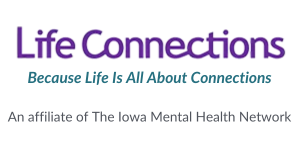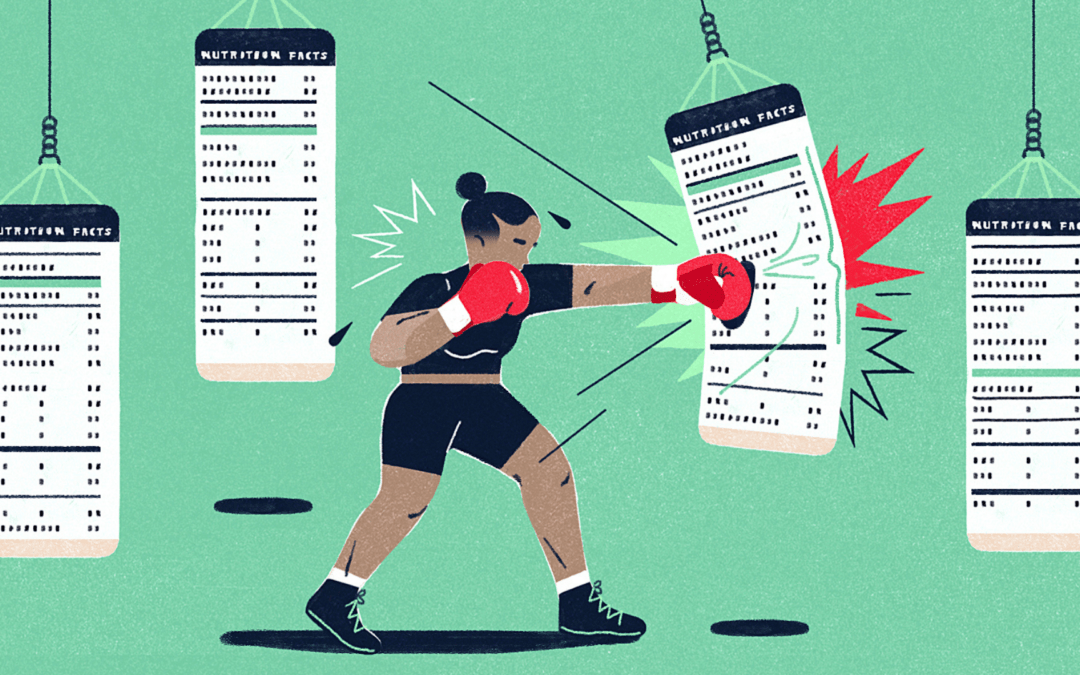You experience this world through your body. The breath of fresh fall air, the hug of your person, the sound of your favorite song – all brought to you by the wonder that is your body. Your body is more than its appearance; and is way more than what we are often prescribed by our cultural standards.
Diet Culture
Part of this is diet culture, which is a system of beliefs that values thinness and equates body size to health, normalizing disordered eating. Diet culture distracts you from your pleasure, your purpose, and your power oppressing those who do not fit within the system’s ideals of “health”. Diet culture tells you that your body’s primary function is to look a certain way, separating you from trusting your body, respecting your body, and valuing your body.
“Changing your eating and exercise habits all in the name of health often results in rebound overeating, food obsession and weight regain, along with gaining more weight than was lost.” Diet culture would have you believe this weight gain is your failure, when in reality it is the success of evolution and your body doing its job of keeping you alive. Dieting often takes you further away from your goals as you reach for the unattainable. Diet culture fuels anxious thoughts and increases feelings of guilt and shame, along with distracting you from your life.
How is it that dieting programs continue to thrive when the approach is not only ineffective but can be a risk factor for body dysmorphia, disordered eating and other mental health issues? Diet culture is sneaky and so embedded within our society it is not always so easily spotted. It may be presented as health or wellness on the cover of magazines, on your social media feed and even in your doctor’s office.
Examples of Diet Culture Include:
- Labeling food as good or bad
- “Earning” food following a workout – “I worked out this morning so I deserve this donut.”
- Feeling guilt/shame for eating
- Suppressing appetite with caffeine, nicotine, water, etc.
- Feeling unworthy due to your body
- Thin/Fit appearance = hard work/discipline/willpower
- “I feel fat.”
- Praising weight loss – “You look so good!”
- “Cheat Day”
- Doctor prescribing weight loss instead of diagnosing/treating a condition
- “Clean Eating”
- People in larger bodies being portrayed as silly, funny, lazy, etc in shows/movies
- Weight loss products/foods
Health at Every Size (HAES) is an inclusive movement that supports all people in navigating a more compassionate approach to living through three main concepts:
- Respect: Celebrating body diversity and honoring the differences in size, age, race, ethnicity, dis/ability, sexual orientation, religion, class, and other human attributes.
- Critical Awareness: Challenging scientific and cultural assumptions while valuing body knowledge and lived experiences.
- Compassionate Self-Care: Finding the joy in moving one’s body and being physically active, along with eating in a flexible and attuned manner that values pleasure and honors internal cues of hunger, satiety, and appetite, while respecting the social conditions that frame eating options.
Unlearning Diet Culture
You may be asking yourself how to break up with something that has become so ingrained in how we think and act. It is somewhat mind boggling that the idea of nourishing your body is considered radical thinking! Here are some ideas to support you in beginning your journey towards freedom from modern diet culture:
- Explore the role diet culture plays in your life. Question any rules that may exist.
- Identify and label diet culture when you spot it in conversations, tv/movies, social media, etc.
- Explore your beliefs about health. Do they include all parts of health, including social and emotional?
- Learn more about HAES and why size does not determine health.
- Check out Intuitive Eating
- Follow others combating diet culture:
- Listen to a podcast to hear the voices of others:
- Read a book and learn more:
You can get back to your roots and trust your body to do exactly what it was born to do.
Abbey Shell, LISW
Tele-Therapist
Because Life is All About Connections
Life Connections provides in-home Behavioral Health Intervention services, Therapy services, autism (ABA) services and Children’s Mental Health waiver services in our 13 office locations and approved schools across Iowa. Life Connections was founded in March of 2009 with the intent to serve the children and families of Cedar Rapids and surrounding cities.
Life Connections is a highly professional and caring counseling and behavioral health provider. We offer a wide array of services to treat mental health issues including Applied Behavior Analysis Services, Behavioral Health Intervention Services, mental health therapy, school-based therapy programs, and substance use treatment.
For more information, please call 319-409-6922.
Resources:
- National Suicide Prevention Hotline 800-273-8255
- Crisis Text line text to 741741
- The Trevor Project – for LGBTQ+ young adult community 866-488-7386
- Rape, Abuse, and Incest National Network 800-656-4673
Start Your Services
Start Mental & Behavioral Health Services with Life Connections | Because life is all about connections.

